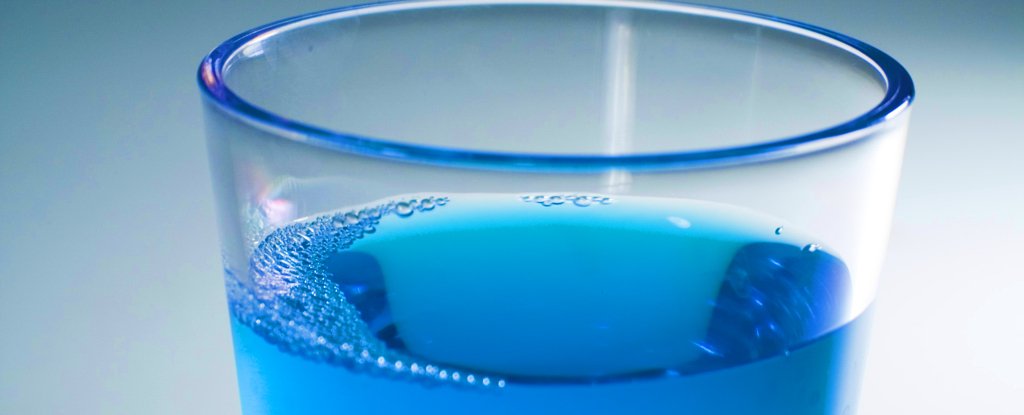
[ad_1]
In television commercials, everything seems so simple. People use the mouthwash, it instantly neutralizes all the harmful bacteria that hide in their mouth and, like that, their dental hygiene is ensured.
But what really happens when you rinse an excessive amount of antibacterial chemicals around your mouth? What does it do to your body and other types of microorganisms that can actually be beneficial to your health?
As a new study shows, downstream effects can be surprising and far-reaching, affecting far more than your dental health.
In an experiment conducted by British and Spanish scientists, researchers have discovered that simply using a mouthwash after exercise can reduce one of the benefits of exercise: lowering blood pressure .
When you exercise, your blood vessels open in response to the production of nitric oxide, which increases the diameter of the blood vessels. This process is called vasodilatation and increases the flow of blood flow to the active muscles.
Researchers have long thought that this only occurred during exercise, but in recent years it has been proven that blood circulation remains high (which means that blood pressure is lowered) even after exercise. when nitric oxide degrades.
"Research over the last ten years has shown that nitrate can be absorbed by the salivary glands and excreted through saliva in the mouth," says physiology specialist Raul Bescos of the University of Plymouth.
"Some species of bacteria present in the mouth can use nitrate and convert to nitrite – a very important molecule that can increase the production of nitric oxide in the body."
Once the nitrite is produced and swallowed with saliva, it is absorbed into the bloodstream and becomes nitric oxide again, which keeps the blood vessels wide and lowers blood pressure.
But according to this small study, it seems that this biological mechanism can be significantly interrupted if an antibacterial mouthwash is added to the post-exercise mixture.
In one experiment, 23 healthy adults ran on a treadmill for 30 minutes. After the training session, participants were asked to rinse their mouths with an antibacterial mouthwash or a mint flavored placebo.
These mouthwashes took place immediately after exercise and also at 30, 60 and 90 minutes afterwards.
Participants also took their blood pressure during the experiment, immediately after exercise and during their rest period.
The results showed that one hour after the treadmill session, the average reduction in systolic blood pressure in the placebo group was -5.2 mmHg (millimeters of mercury).
The reduction in the group using the mouthwash was much lower, with an average of -2.0 mmHg at the same time, suggesting that the use of antibacterial mouthwash (0.2% chlorhexidine) had reduced the reduction in systolic blood pressure by more than 60%.
At the end of the monitoring period, two hours after the treadmill session, the mouthwash group showed no evidence of exercise-induced blood pressure reduction, while the placebo group was still showing Significant reduction compared to their values prior to exercise.
"This is the first evidence showing that the activity of oral bacteria reducing nitrates is a key mechanism for inducing the acute cardiovascular response to exercise during the recovery period of healthy individuals," explain the authors. in their article.
Although it only happens to be a small study, it reminds how much all the bacteria are not necessarily bad for us – and that the ingestion of antibacterial chemicals that indiscriminately eliminate microbes present in the mouth can hinder important biological processes necessary for good health.
"These results show that the synthesis of nitrites by oral bacteria is extremely important to stimulate our body's response to exercise during the first recovery period, by promoting a lowering of blood pressure and greater muscle oxygenation, "said Craig Cutler, nutritionist.
"In fact, it's as if the mouth bacteria were the" key "to open the blood vessels.If they are eliminated, the nitrite can no longer be produced and the vessels remain in their current state."
The results are reported in Biology of free radicals and medicine.
[ad_2]
Source link